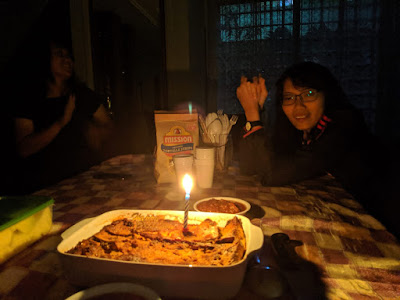Paradigm 10: Three Core Competencies of a Mentor (31/5/19)
Edmund Chan speaks of these competencies as: 1. Shepherding : caring through words and presence counseling with identifying the root problem coaching by giving principles and skills to point people in the right spiritual direction. 2. Teaching in the most efficacious ways for all learning types. 3. Leading . God-centredness causes mentors to bring mentorees to encounters with God and to lead with examples of 'passion, purpose and pursuit.' I felt that it was worth looking at Psalm 23:1-4 to ask ourselves how as undershepherds under the 'Chief Shepherd' (Eph 4:11, 1 Pe 5:1-4) we should be relating to the sheep under our charge. A shepherding ('pastoral') relationship is characterized by the exercise of oversight, meaning responsibility and authority. Ps 23 can be divided (if it is divided!) into 2 or even 3 sections. Some regard the whole Psalm as speaking only of the Lord's shepherding care, although v. 5-8 seems to switch to a picture of a guest...

